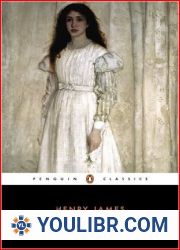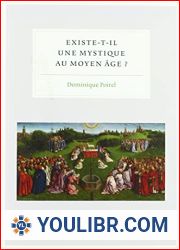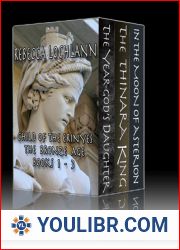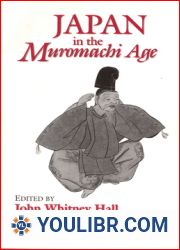
BOOKS - The Awkward Age


US $9.85

157462

157462
The Awkward Age
Author: Henry James
Year: January 1, 1899
Format: PDF
File size: PDF 3.3 MB
Language: English
Year: January 1, 1899
Format: PDF
File size: PDF 3.3 MB
Language: English
The Awkward Age is a novel by Henry James, first published as a serial in Harper's Weekly in 1898-1899 and then as a book later in 1899.Making her debut in London society, Nanda Brookenham is being groomed for the marriage market. Thrust suddenly into the superficial circle that surrounds her mother, the innocent but independent-minded young woman even finds herself in competition with Mrs Brookenham for the affection of the man she admires. Only an elderly bachelor, Mr Longdon, is immune to this world of scheming, and determines to rescue Nanda from its influences out of loyalty to the deep love he once felt for her grandmother. In The Awkward Age, James explores the English character, and the clash between old and new money with a light and subtly ironic touch to create a devastating critique of society and its machinations.Excerpt:That young lady, in this relation, was certainly a figure to have offered a foundation for the highest hopes. As slight and white, as delicately lovely, as a gathered garden lily, her admirable training appeared to hold her out to them all as with precautionary finger-tips. She presumed, however, so little on any introduction that, shyly and submissively, wait- ing for the word of direction, she stopped short in the centre of the general friendliness till Mrs Brookenham fairly became, to meet her, also a shy little girl - put out a timid hand with wonder-struck, innocent eyes that hesitated whether a kiss of greeting might be dared. 'Why, you dear, good, strange "ickle" thing, you haven't been here for ages, but it is a joy to see you, and I do hope you've brought your doll!' - such might have been the sense of our friend's fond murmur while, looking at her up and down with pure pleasure, she drew the rare creature to a sofa. Little Aggie presented, up and down, an arrangement of dress exactly in the key of her age, her complexion, her emphasized virginity. She might have been prepared for her visit by a cluster of doting nuns, cloistered daughters of ancient houses and educators of similar products, whose taste, hereditarily good, had grown, out of the world and most delightfully, so queer as to leave on everything they touched a particular shade of distinction. The Duchess had brought in with the child an air of added confidence for which, in a moment, an observer would have seen the grounds, the association of the pair being so markedly favourable to each. Its younger member carried out the style of her aunt's presence quite as one of the accessory figures effectively thrown into old portraits. The Duchess, on the other hand, seemed, with becoming blandness, to draw from her niece the dignity of a kind of office of state - hereditary governess of the children of the blood. Little Aggie had a smile as softly bright as a southern dawn, and the friends of her relative looked at each other, according to a fashion frequent in Mrs Brooken- ham's drawing-room, in free communication of their happy impression. Mr Mitchett was, none the less, scantly diverted.


































